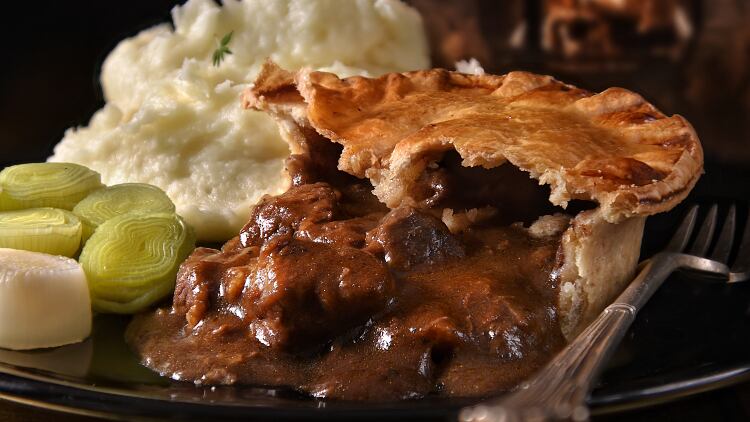Successful businesses are rarely static and that seems to be especially true of the licensing trade where we work with legislation and guidance that is still in its relative infancy and continues to evolve.
The trade is also at the whim of shifting cultural and social trends – see the boom and bust of the casual-dining market, the demise and resurgence of the traditional pub, and the increasing number of ‘experiential’ social venues offering alcohol ancillary to indoor sports like table tennis, crazy golf, shuffle board and more.
Media outlets and studies by groups like the Mayor of London’s Night Time Commission inform us that young people today are looking for something different from their night-time economy compared to generations past. People aged between 18 and 25 are supposedly drinking less and prefer to seek out attractive new experiences to fill their social media with.
One of the great things about working in licensing law is that we often find ourselves at the vanguard of the creative new ways in which operators embrace change and try to innovate an age-old market. This means we have to anticipate and address the difficulties an operator will face when trying to create a new style of operation or alter an existing one. A lot of these difficulties inevitably arise from the regulation of licensable activities.
For instance, you may be aware of the renaissance that bingo has enjoyed recently as various operators inject it with a party atmosphere to attract a younger crowd. While this is an exciting new market, it presents a raft of regulatory challenges and questions to be answered. To begin with – does an operator want to rely on exempt gaming in their alcohol licensed premises, or seek an operating licence from the Gambling Commission and a bingo premises licence? Either way, there is a lot to deal with even before you consider changes that may be required to the venue’s alcohol and entertainment premises licence.
There is not nearly enough space here to look at the bingo example in detail, but it serves to show that while operators are dreaming up ever more creative ways to stay ahead and make the most of their premises, they should always check the legal permissions required before starting a new venture. Failure to do so could mean you are carrying out licensable activities without appropriate permissions, and are, ultimately, liable to criminal prosecution and hefty fines.
Although it might sound a bit mawkish, the regulation of licensable activities is for the purpose of ensuring we have a safe and healthy leisure industry. If operators understand and work within the rules then the possibilities for innovation and embracing change are extensive.
For any legal enquiries please visit Poppleston Allen's website.




